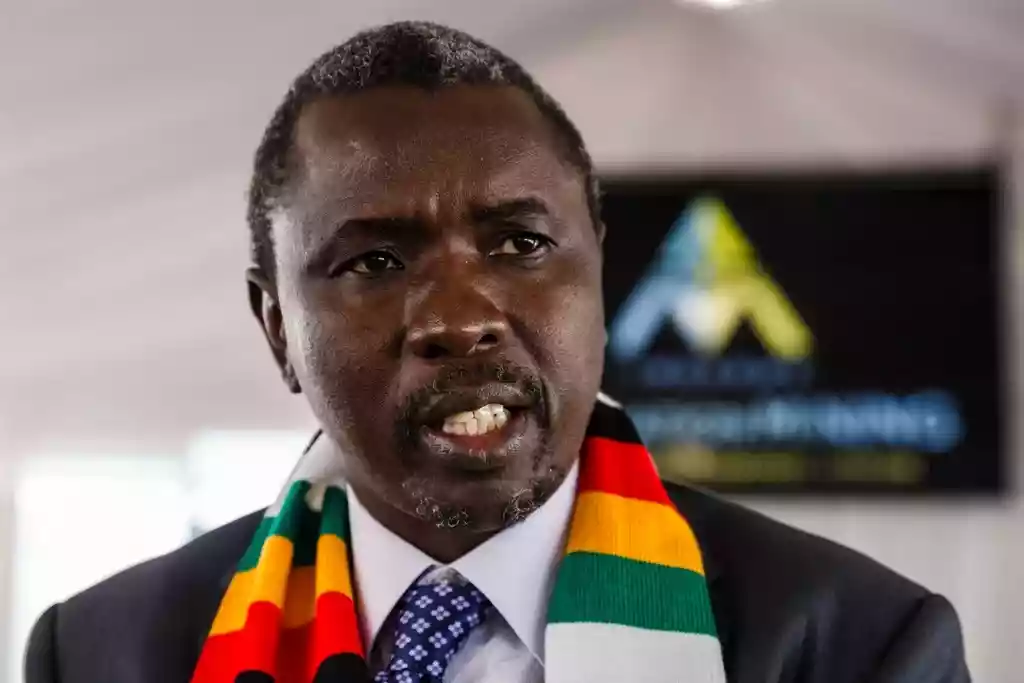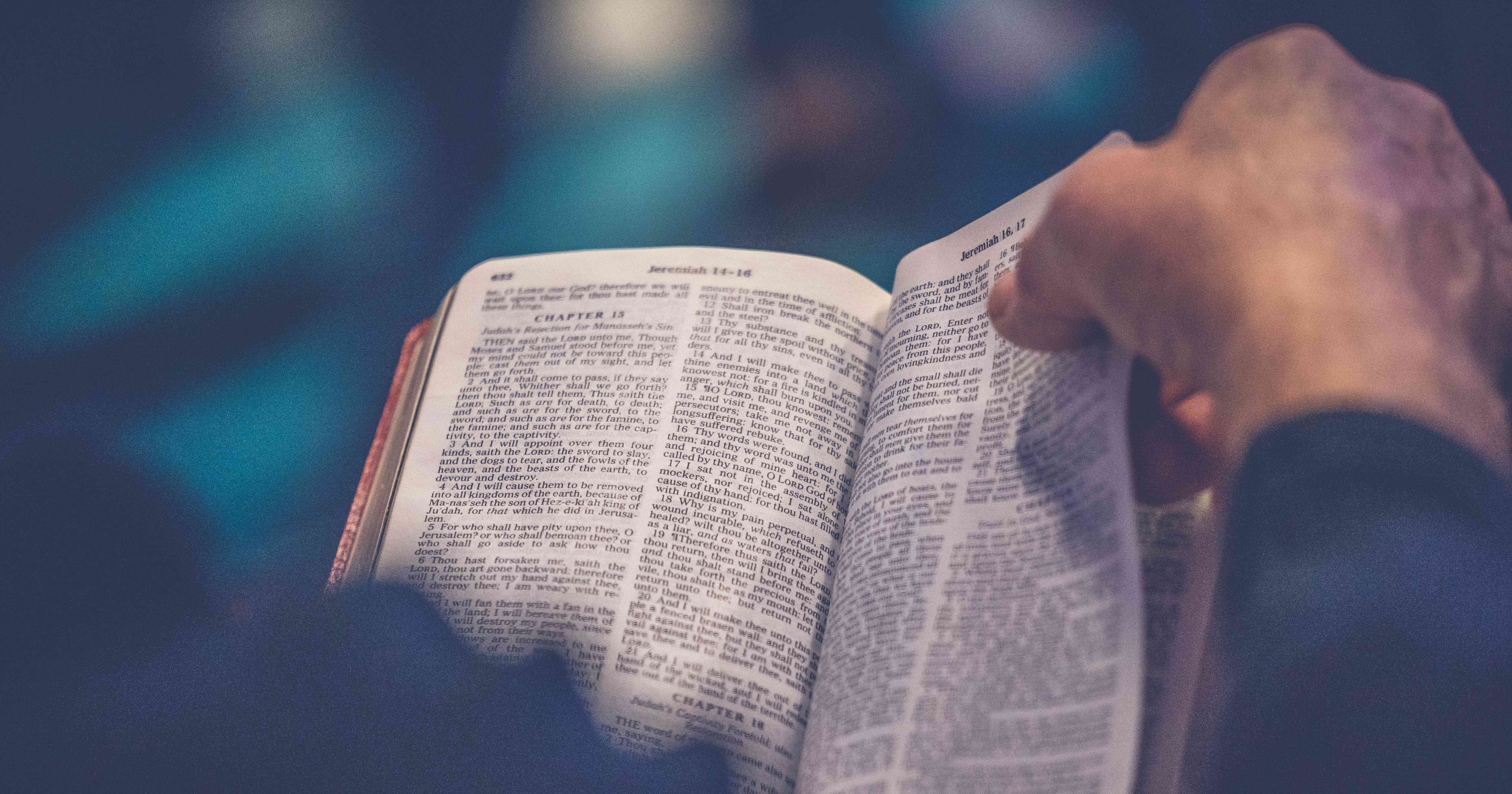
Over the last few weeks, our Judiciary has faced scathing attacks and criticisms after judgments that the Executive disagreed with. While this is shocking and a typical instance of scandalising the court, it should really not come as a surprise. History tells us that the government has never had a rosy relationship with the Judiciary and the relationship can only be seen as abusive.
Paul Kaseke
In most jurisdictions, there is an offence of contempt of court which is committed in part, by “scandalising the court”. Basically this is where statements made by an individual or a body are meant to ridicule the court, undermine its authority , lower its reputation in the eyes of the public or cause the public to lose confidence in the Judiciary.
In the Zimbabwean context, the charge was first raised ironically against the then attorney-general and current Finance minister Patrick Chinamasa in a contempt of court charge that stemmed from his attack on the Judiciary in an article published in the Herald. In fact, it is because of his case that the Judiciary had an opportunity to coin a definition of the crime suitable for our own context. Former Chief Justice Gubbay in one of his last judgments before being hounded out of office, said the crime of scandalising the court was committed by “publication either in writing or verbally of words calculated to bring a court, a judge or the administration of justice through the courts generally, into contempt”. Statutorily, the embodiment of this offence is seen in section 182 of the Criminal Law Code.
When the Executive attacks the Judiciary, not only is the authority of the Judiciary undermined but it has the effect of interfering with the independence of the bench by exerting undue political pressure. Scandalising the court, therefore, plays a role in undermining the independence of the Judiciary when the scandalising is done by the Executive.
Despite the presence of this provision in our law, that has not stopped the Executive from openly undermining the authority of the courts and interfering with the independence of the Judiciary. What we have experienced recently is not to be seen in isolation or as new. The Executive has a history of undermining the authority and independence of the courts when government policy is threatened or declared unlawful.
Enter Herbert Ushewekunze The first Executive threat to the independence of the Judiciary after attainment of Independence was arguably the late Herbert Ushewekunze whose threats to the Judiciary were only ever matched by Chinamasa. Ushewekunze infamously remarked that the courts “were dispersing injustice by handing down perverted pieces of judgments which subverted the people’s government”. His ministry also deliberately misled the judiciary when asked to provide information about the detention of the York Brothers (Alan and Noel) in 1983. The two farmers had been detained unlawfully and the courts had ordered their release, but the Executive was not amused — not in slightest bit, by the actions of the court.
Enter number one In 1982, the President who was Prime Minister at the time, said quite frankly to Parliament “The government cannot allow the technicalities of the law to fetter its hands in what is a very clear task before it, to preserve law and order in the country. We shall, therefore, proceed as government in a manner we feel as fitting and some of the measures we shall take are measures which shall be extra-legal before it, to preserve law and order in the country.”
- Chamisa under fire over US$120K donation
- Mavhunga puts DeMbare into Chibuku quarterfinals
- Pension funds bet on Cabora Bassa oilfields
- Councils defy govt fire tender directive
Keep Reading
Extra-legal it must be noted, means outside the law and after this declaration scores of suspected dissidents were detained without trial. In the same year, the President stated that while courts could go against government in releasing suspected “dissidents”, the government would also do what it pleased in that regard. This was followed by a string of “security period” judgments ignored by the Executive in the 80s.
The President was later quoted as saying “the government will brook no interference with its power and authority”. In February 1999, the President addressed the nation and angrily told off human rights groups, journalists and the judiciary for meddling with the governance of the State and for attempting to instruct the Executive on what it should do. In his words “the Judiciary should stay out of politics and refrain from instructing the President”. This broadcast has often been seen as a response to the January 1999 letter by Supreme Court judges who wrote to the President informing him of the challenges his party and ministers presented to the independence of the Judiciary in the Judicial Crisis of 1999/2000. The Judicial Crisis is so called because of the unprecedented attacks on the judiciary. The kingpin of those attacks was Chinamasa. He was backed equally by a supposed constitutional consultant who later became a Cabinet minister to the detriment of freedom and democracy in Zimbabwe. It would be inaccurate for one to leave out the late Chenjerai Hunzvi who in April 2000 referred to the courts as being “part of a colonial order that needed to be destroyed”. He would later go on to issue threats to the former Chief Justice and other Justices of the Supreme Court which in part, led to their resignation.
Enter Minister Chinamasa For his part, Chinamasa who started his personal Chimurenga against the Judiciary, while he was Attorney-General, was unrepentant about any of the contemptuous acts that undermined the judiciary. When he became Minister of Justice, the campaign soared to greater heights and he took great pleasure in pointing out judges who were perceived greats to the government. Almost religiously, he attacked the judges in their personal capacities often on racial lines. He is on record as having suggested that white judges were not welcome on the bench because they were soiled by association to the Smith regime. He believed that the Judiciary was “the main opposition to the ruling party” and often referred to them as “unguided missiles”. In 1999 he branded the courts as “agents of imperialism” and was quoted by the Herald in 2001 describing the role of three new Supreme Court Justices as being handle litigation by white farmers contesting land reform’. The government had already displayed intolerance for judgments that found the process of land reform to be unlawful so the reasoning behind the appointments is a no-brainer.
Perhaps the most absurd thing to come from the minister is his infamous speech to the Commonwealth Parliamentary Association where he unashamedly said: “Judges should represent our interests because if they don’t, we will criticise them… if they behave like unguided missiles, I wish to emphatically state, we will push them out”. Chinamasa can perhaps be described as the chief cause of the compromise of the judiciary because of his words, actions and inaction. When the Supreme Court was invaded by the war veterans led by one Joseph Chinotimba, Chinamasa failed to defend the dignity of the court and tacitly by inaction, allowed the Chief Justice to face intimidation. No action was ever taken against the invaders. The war veterans danced on the tables of the court, defaced the court, and issued threats while playing drums the whole time.
“Keep your judgments and we will keep our Zimbabwe” The Zimbabwean government has a rich legacy of undermining the authority of the Judiciary and the police often disregard court orders on instruction from government. Examples of such contempt include, deporting Joseph Winter and Andrew Meldrum contrary to a court ruling which cleared them of wrongdoing, refusal by ministers to disclose whereabouts of suspects or refusal to assist the court when requested to do so. Most notorious ,government continued detentions without trial even though these were declared unlawful on numerous occasions by the then Chief Justice, Justice Dumbutshena and victims of this violation included former Minister of Home Affairs, Dumiso Dabengwa who was held for a long time even though he was cleared of wrongdoing by the courts.
The government’s approach to handling adverse judgments In an International Rule of Law Lecture titled The Progressive Erosion of the Rule of Law in Zimbabwe, former Chief Justice Gubbay noted the government devised various means of evading the judgements of the courts. In some cases, government would enact legislation that would prevent the courts from adjudicating a pending matter knowing very well that it would lose the matter if it reached finality within the courts. In some cases, government would enact legislation after a judgment to circumvent the law or render the judgment redundant. A good example can be seen in the matter between Capital Radio and the Minister of Information where section 27 of the Broadcasting Act which gave ZBC a monopoly over broadcasting services was declared unconstitutional. The government responded by establishing the Broadcasting Authority of Zimbabwe through the Presidential Powers Act, which still disregarded the content of the ruling of the Supreme Court.
By 2005, the Zimbabwean Constitution had been amended 17 times and all these amendments were directed at evading or circumventing a court order or concentrating more power to the Executive. One of the most notable of these amendments was an amendment that held that the President did not owe a duty of accountability to parliament again in the face of a matter brought before the courts.
The way forward The Zimbabwean judiciary held a revered position regionally and globally in the first 20 years of independence. It was certainly the most cited African Judiciary because of its landmark judgments. Indeed we still use principles from ground-breaking judgments when explaining or discussing the law in law class rooms outside Zimbabwe. Even countries that are now seen as progressive democracies based their jurisprudence on Zimbabwean judgments. For example, a number of Zimbabwean cases informed South African courts’ understanding of property protection, the right to life, bodily integrity, due judicial process and contracts.
There should be no doubt that there are still some very brilliant Judicial officers in our courts but there should also be no doubt that the pressure from the Executive threatens their continued existence in our system. The Judiciary has been described as the sword that guides and protects the rights and interests of the citizenry of the country but for this to happen, courts must be allowed to independently adjudicate.
The idea that the Constitution can transform our democracy when interpreted rightly and progressively, can become a reality for Zimbabwe only if and when the judiciary is allowed to do its job without political pressure. As our courts have already stated, court judgments are not immune from criticism, but such criticism should never cross the dividing line where it ends up impairing the reputation of the court or undermining the authority of the courts.
Paul Kaseke is a legal adviser, commentator, analyst and sessional law lecturer with the Wits Law School. He writes in his personal capacity. You can give him feedback via email: [email protected] or follow him on twitter @paulkasekesnr











